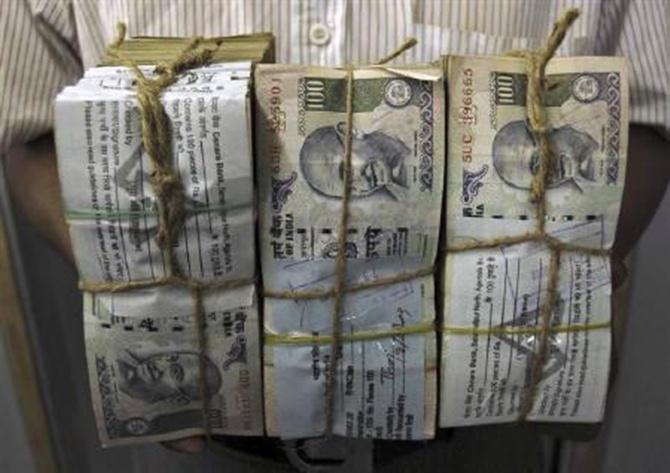
The onus rests on the government to help industry take advantage of depreciation.
If the recent sharp depreciation in the value of the rupee is mistakenly perceived as a ‘crisis’, the government has not done enough to dispel that feeling.
The prime minister has met major industrialists to discuss the rupee’s fall; the finance minister met the key civil servants of various economic departments earlier this week.
The Reserve Bank of India and the Union government have focused on propping up the value of the rupee; statements have attacked ‘speculators’.
. . .
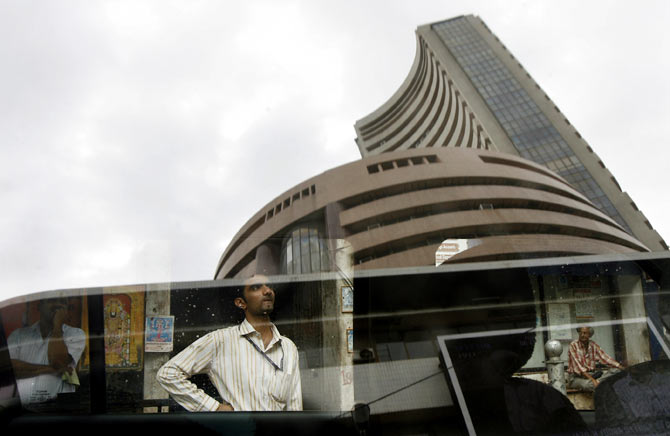
This is the wrong approach to take.
For one, it radiates powerlessness: with the US Federal Reserve moving towards ending its bond-buying programme, the dollar is bound to strengthen, and the Indian government simply doesn’t have the resources to fight it.
For another, the fall of the rupee delivers advantages that should be exploited for the economy’s benefit, instead of being ignored in the hope that the currency will reverse direction.
One simple calculation is striking.
China’s remarkable and enviable economic growth over the past decade has been primarily export-led.
. . .
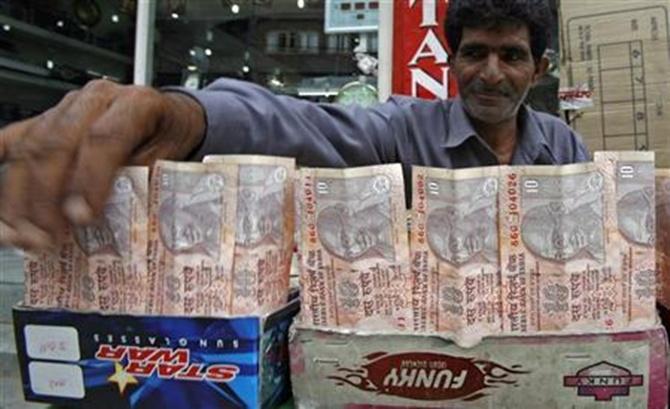
Yet, since the People’s Republic went off the dollar peg in July of 2005, the rupee has more than halved in value against the renminbi.
One yuan bought Rs 5.2 back then; it buys Rs 10.6 on Friday.
And much of this has happened in the past two years; two years ago, a yuan bought Rs 7.2.
Thus, Indian exports are more competitive by 47 per cent than just two years ago. This headwind for exports should be taken advantage of.
The problem is that export contracts are sticky; they don’t adjust perfectly with price signals.
. . .
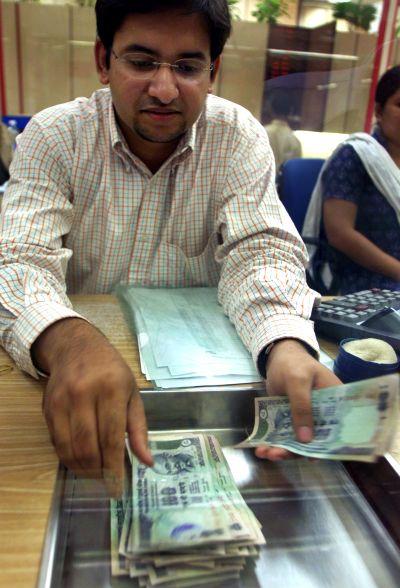
For one, buyers tend to stick with a supplier they know even when others have become more profitable -- this is why Chinese exports have not declined to the degree that they should have, though the strain is now beginning to show.
Second, the writing of contracts becomes difficult if the government is sending out mixed signals as to the future of the currency, instead of announcing that the market will decide its exchange rate.
The implication is that, first, the government needs to state up front that it is out of the rupee-valuing business.
. . .

And second, it needs to recognise that pushing exports will have rewards out of proportion to the effort put in, as an export-oriented manufacturing base stays with an economy once it’s developed in response to price signals.
Some signs are already in: textile makers, for example, expect to grow exports by 5-10 per cent in 2013-14 after they shrank by five per cent in 2012-13.
Nalco, the aluminium producer, expects to increase output by 19 per cent and exports by 40 per cent this year.
Information technology, pharmaceuticals, textiles and automobiles are all already net earners of foreign exchange; that needs to spread further across Indian industry.
Domestic producers can now compete against foreign producers in a world market that they had earlier been priced out of.
. . .
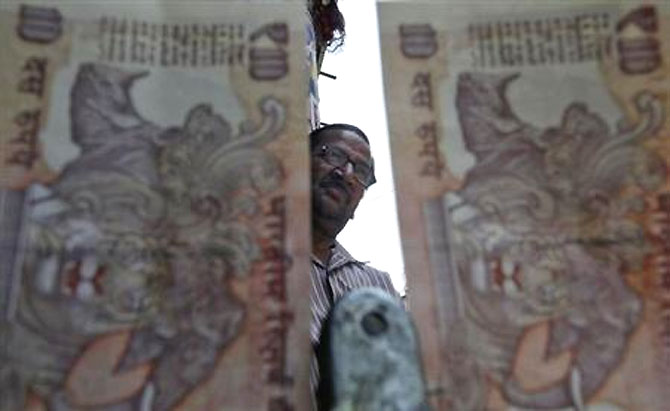
And thus, policy must respond.
Trade facilitation mechanisms need to be speeded up -- fortunately, the next World Trade Organisation meeting, in Bali later this year, is to focus on multilateral funding for precisely that.
The private sector cannot be expected to do it all for itself; this requires state-led co-ordination.
The government should focus on what it needs to do to get exports going -- stop having crisis meetings, and meet instead to work out how to take advantage of this windfall.